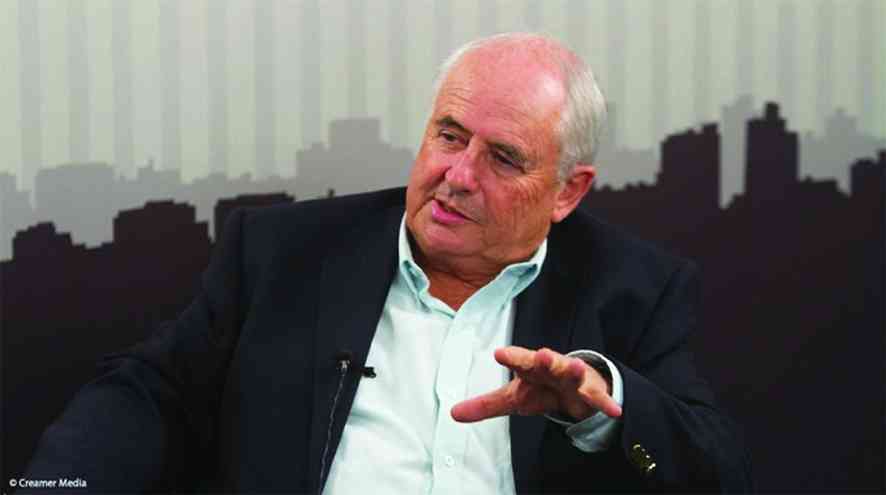
EUROPEAN investors are set to acquire a majority stake in MicroKing a subsidiary of AfrAsia Banking Zimbabwe Limited (ABZL).
BY VICTORIA MTOMBA
The consortium of European investors, Microcred and AfricInvest, will invest $25 million in the microfinance unit, Reserve Bank governor John Mangudya said.
“The investors will have a 100% stake in MicroKing and they can regularise as they go. We are concerned about the depositors’ funds and the resuscitation of the bank,” he said.
Mangudya said the proposed investment in the microfinance unit will contribute to financial inclusion.
“They have put in place a programme to retain all employees of MicroKing,” he said.

ABZL surrendered its banking licence early this year after failing to meet the $25 million minimum capital requirements The Department for International Development for the United Kingdom had $800 000 investments in the unit.
- Chamisa under fire over US$120K donation
- Mavhunga puts DeMbare into Chibuku quarterfinals
- Pension funds bet on Cabora Bassa oilfields
- Councils defy govt fire tender directive
Keep Reading
Since 2009 MicroKing channelled $200 million to the small and medium enterprise sector.
Early this year, Finance minister Patrick Chinamasa said government would bend the rules to save MicroKing from collapse as the microfinance company was assisting the informal sector.
Total loans for the microfinance sector as at March 31 stood at $163,5 million from $157 million on December 31, 2014 due to increased lending to existing clients with less focus to new customers.
In his mid-term Monetary Policy statement, Mangudya said growth of the microfinance sector was constrained by funding challenges on the back of general market illiquidity and high cost of funding.
“This notwithstanding, there has been a general decline in the level of interest rates charged by microfinance institutions reflecting improving access to concessional funding from international development funders, as well as intensified competition for clients,” he said.











